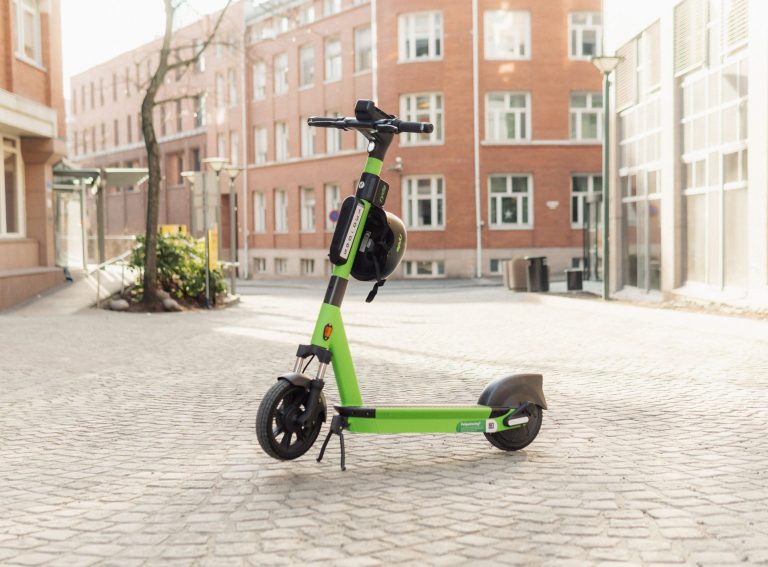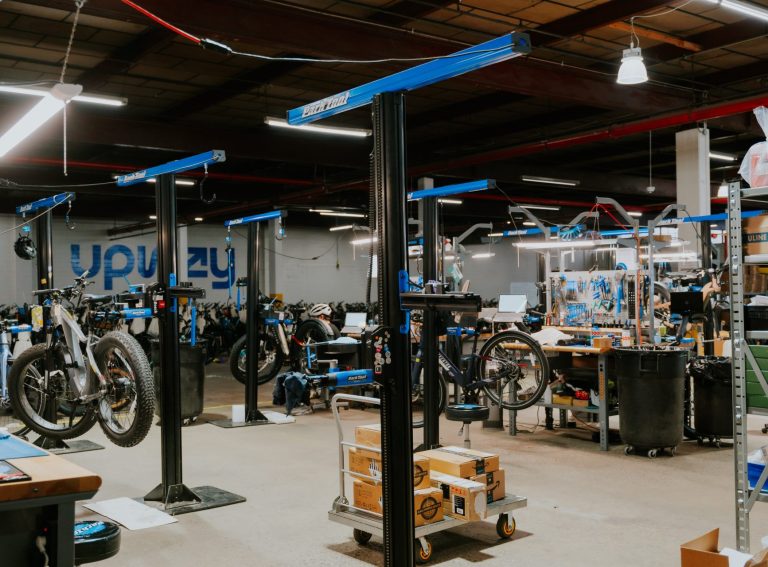Here’s a sad truth about the tech companies who love to be known as disruptors: they very often fail to challenge the status quo within their own ranks. In fact, they fairly frequently end up reinforcing structural societal bias instead. Think of Facebook, Google, Amazon, Tesla and Uber and you’ll likely picture the white male faces of their founders and their top tables.
The burgeoning micromobility industry could be worth as much as half a trillion dollars (USD $500bn) by 2030. It’s a sector which shares many Silicon Valley attributes and attitudes but one which has had time to learn from the lurid headlines surrounding the tech moguls of the past two decades.
These firms are attracting millions of dollars of inward investment while promising to uphold ever higher standards of environmental responsibility. As they mature from start-ups to scale-ups, now is the perfect time to channel their focus into building enterprises that are not just sustainable at a human level, but revolutionary.
The stance on inclusivity taken by the companies who make up this sector – including shared e-scooter operators – could unshackle women, people of colour and other minority groups in a way that the broader tech industry has not. Such a course could set free a diverse workforce to reach positions of considerable influence in tomorrow’s green economy.
The early indications are positive in the UK, at least. Here, women occupy senior leadership positions at many e-scooter providers, including Beryl (Emily Brooke), Link (Haya Verwoord Douidri), Lime (Florence Milner) and Bird (Caroline Hazlehurst).
In this series, we will profile the female pioneers who are the frontline of micromobility’s power women, leading the charge towards a better future.





